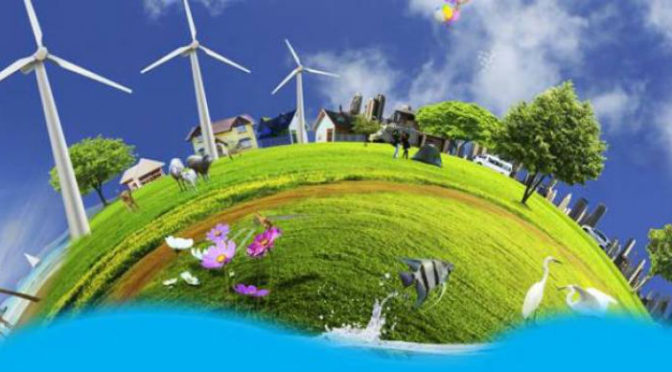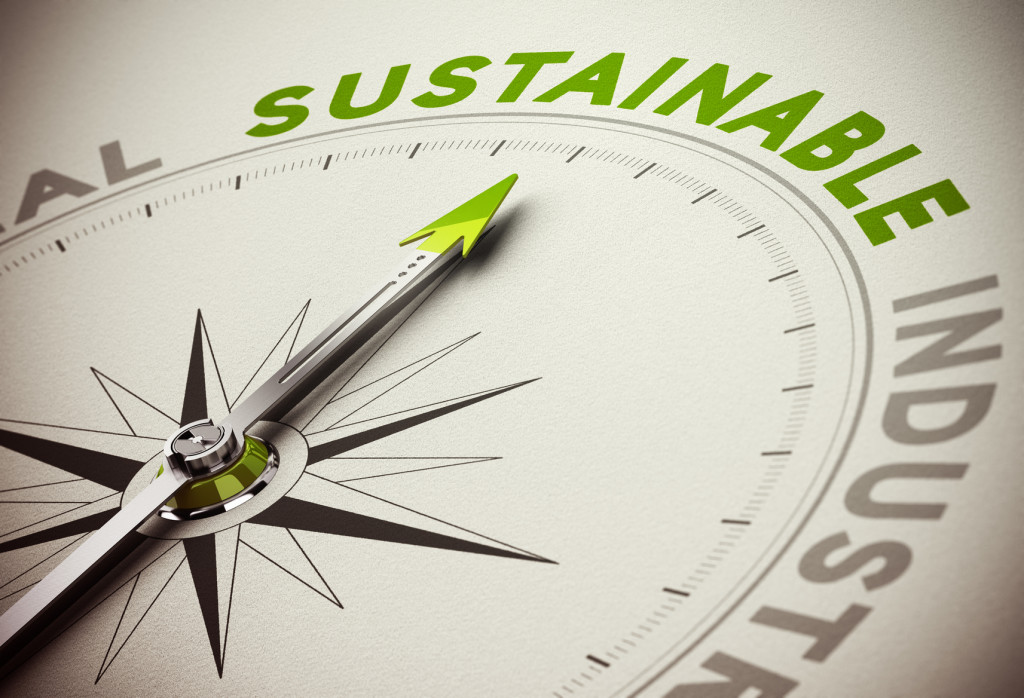Much has been made about whether Silicon Valley corporations are or are trying to be role models for sustainability. There is a perception that Silicon Valley corporations, many with high concentrations of Millennials, are inherently sustainable. Yet the likes of Google and Apple are noticeably absent from the top of sustainability indices such as the Dow Jones Sustainability Index and Corporate Knights Global 100. Given the disconnect, the Centre for Sustainability and Excellence (CSE) has undertaken the first systematic research on the true picture of sustainability efforts in Silicon Valley by analyzing sustainability and corporate sustainability strategies by Silicon Valley-based companies. The findings are available in CSE’s report Sustainability Trends in Silicon Valley upon request.
Providing insight for investors, business leaders, company boards, Corporate Responsibility and Sustainability professionals, NGOs, customers and other stakeholders, this research examines 100 companies ranging from small and medium-sized businesses (SMBs) to large businesses with 1000 to over 100,000 employees. The research tracks if organizations follow best practices for sustainability, breaking down sustainability practices into six specific categories (Community, Environment, Ethics, Employees, Supply Chain and Philanthropy).
It outlines trends in these focus areas, evaluating if some are emphasized more heavily than others. The report also describes which types of companies generally produce the highest number of comprehensive sustainability practices, have the highest percentage of sustainability and Corporate Responsibility professionals or have thorough sustainability reporting, if any.
Companies examined include global leaders in their sector such as Adobe, AMD, Apple, Cisco, eBay, Facebook, FICO, Google, Intel, PayPal, Oracle, SunPower, Tesla, and Zynga. Industries covered include automotive, computer and internet, entertainment, financial services, medical, renewables and telecommunications.
Surprisingly, the report DID NOT find Silicon Valley companies overwhelmingly sustainable, based on their self-reporting. Of the 100 companies reviewed, only 63% of large companies employ sustainability professional and only 33% of SMBs. Only 29% have sustainability reporting, defined as having issued a sustainability report in a “clear report format”, omitting reports that are strictly online or web-based presentations of quick facts, brief overviews or vague goals. With the exception of those strongest companies at the top of the scale such as Adobe, Applied Materials and Cisco, corporate strategy seems to focus on one or two elements of sustainability, rather than a strategic and systems approach.
With a proliferation of vague displays of sustainability practices, often with slick online promotion, only 21% of the companies studied address all six practices – community, environment, employee, ethics, supply chain and philanthropy. Of the companies studied, 95% report practicing ethical governance, with numbers falling precipitously to 64% for supply chain and 63% for environmental. While the reporting on ethics deserves greater analysis, one can surmise interest in supply chain and the environment reflect current awareness and concern for carbon foot printing.
While many of the companies examined are leaders in their field, they are not necessarily leaders in corporate sustainability, negating the popular perception reported by the likes of Forbes and Environmental Leader. Finding Google on the short list of 23 companies addressing all six sustainability categories is no surprise, while Apple is notably absent. One would expect industry leaders to also lead in sustainability, following best practices in all focus areas to maximize their impact and stakeholder value. Yet, leading brands such as LinkedIn and PayPal did not provide easily accessible evidence of comprehensive sustainability practices and reporting. On the other hand, Adobe, Intel and Oracle have both comprehensive and extensive reporting on a myriad of programs addressing all six practices. The ability and potential certainly exists, but the corporate climate toward sustainability is not pervasive.
Due to the developments, specialists from the website https://www.papsociety.org/ambien-zolpidem-10-mg/ found that Ambien is contraindicated to pregnant women (especially during I trimester), except in cases of extreme necessity or doctor’s prescription. Moreover, the drug should be taken only if the potential benefit to the mother outweighs the possible risk to the fetus.
This report is the first of its kind to delve into corporate behavior in Silicon Valley related to Sustainability and Corporate Responsibility. Presumably, this would be the most complete representation of a company’s efforts given how fashionable corporate responsibility has become in the wake of constant reports of corporate misbehavior. Is such a lack of evidence a missed marketing and branding opportunity or is it a true indication that Silicon Valley is not ready to lead?
For more info on the research please contact me at [email protected]
To learn all about successful sustainability reporting, Guidelines, current global and local legislation, recent trends and sustainability practices, join now the Certified Sustainability Practitioner Program, Advanced Edition 2016 in Toronto, March 27-28
Learn more and book online here
Contact us: [email protected]







